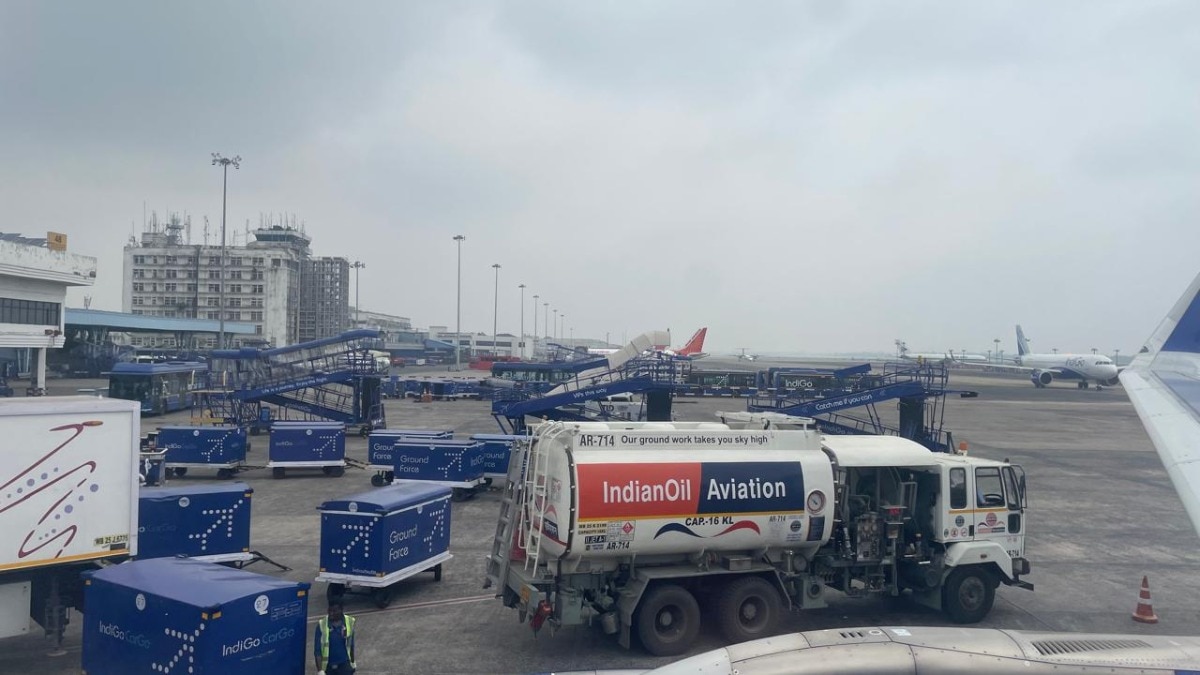The GST Council is considering the issue of bringing Aviation Turbine Fuel (ATF) under the ambit of Goods and Services Tax (GST), Business Today TV has learned from sources.
Under the current tax structure, ATF is currently subject to an excise duty of 11 percent.A reduced rate of 2 percent is available under the Regional Connectivity Scheme (RCS).
In addition to excise duty, VAT is charged to ATF at different rates depending on the state, adding to the complexity and inconsistency of taxation.
ATF is considered a variant of kerosene oil. While most of the inputs required for the production of ATF are covered under the GST regime, the ATF itself is left out, leading to inefficiencies in the tax structure.
Currently, ATF and natural gas are excluded from the GST regime and are subject to state-level taxes, including excise duty and value added tax (VAT). These taxes vary from state to state and significantly increase operating costs in industries such as airlines that have long sought tax uniformity. For example, ATF can attract rates as high as 30 percent of VAT in some states.
Impact on the aviation industry
ATF's VAT is applied to the full value, including excise duty, resulting in cascading taxes (tax on tax). This increases the effective cost of ATF.
ATF manufacturers cannot claim input tax credit (ITC) on the GST they pay on their inputs, which adds to the overall cost of production and raises prices for the aviation sector.
Advantages of joining GST
If ATF is brought under the GST regime, it would help eliminate cascading taxes by allowing manufacturers to avail input tax credit.
This can significantly reduce the overall cost of ATF at the refinery level, reducing costs for the aviation industry and encouraging better price predictability and stability.
Tarun Kapoor, Advisor to the Prime Minister's Office (PMO), said the government is working to bring aviation turbine fuel (ATF) and natural gas under the Goods and Services Tax (GST) regime this fiscal year. Kapoor confirmed that discussions are underway to implement this change, which is a long-standing demand from various sectors, especially aviation and energy.
The ongoing discussions on this issue are aimed at streamlining the tax structure of the ATF to make it more efficient and less burdensome for the aviation sector, which is already facing various cost challenges.
Source link
